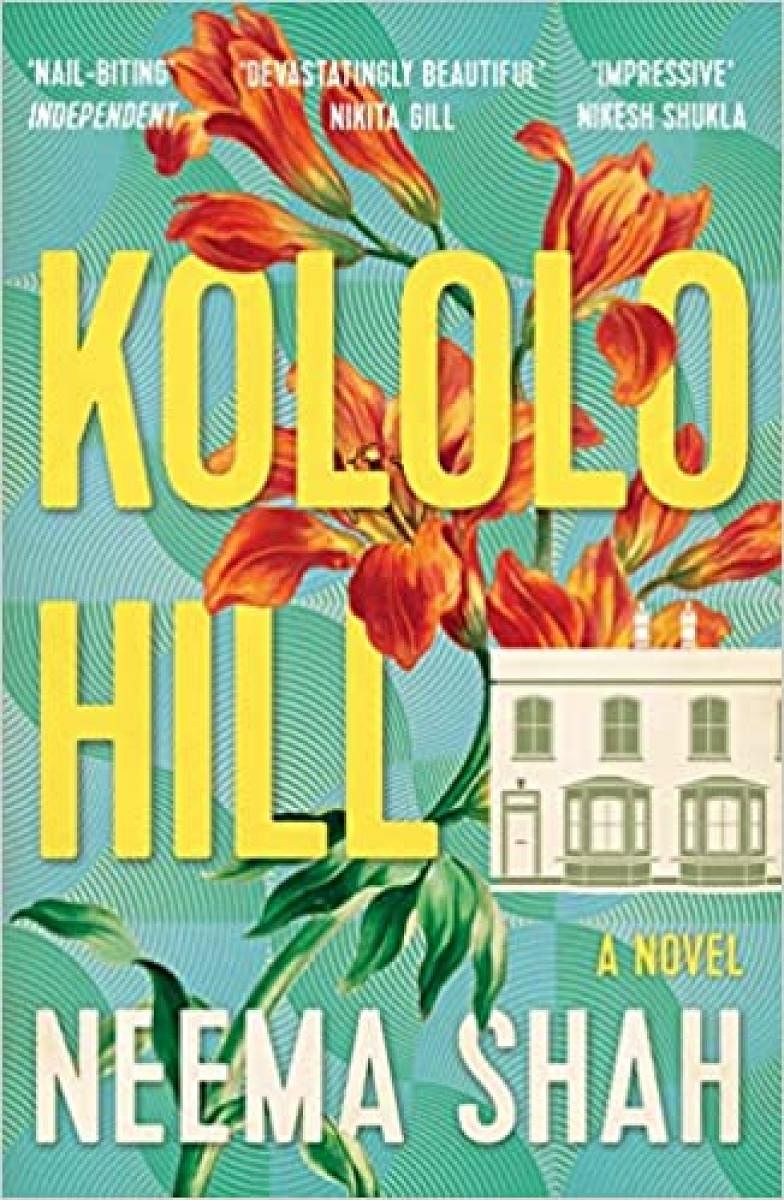
In 1972, Ugandan dictator Idi Amin ordered Asians to leave the country within 90 days. In its aftermath, emboldened soldiers took over Asian properties, robbed valuables from fleeing families, and raped women.
In the backdrop of this historical canvas, debut author Neema Shah has painted the story of a Gujarati family’s struggle to escape East Africa with its honour intact and start life anew in a culturally unfriendly country.
At its heart, Kololo Hill is a story of displacement, the often-illusory concept of home (as it is for political refugees), and the conflict arising from race and identity. The terror and excitement aren’t synthetic, but springs from the family’s encounters with gun-toting soldiers, scenes of rape and plunder, and the trouble of being the other. It’s both unimaginable and a historical reality many have lived through in the 1970s.
It’s also about survival, a concept not too far fetched for refugees and exiles, yet uniquely Indian in the way the author depicts the family and how the characters remain both independent and a part of the unit. In fact, it’s quite amazing how a family forged with traditions and customs can find the resilience to survive in two continents and find hope in its struggles.
Delicate interplay
The novel has a distinct arc and delicate interplay of four characters: family matriarch Jaya, her two sons Pran and Vijay, and Pran’s newly married wife Asha. Pran takes risks to resurrect his father’s general stores and faces the prospect of abandoning it while his brother Vijay, a vivacious youngster with a malfunctioning arm, participates in his brother’s efforts by risking his own safety.
Asha feels something odd about the goings-on between the brothers and is justifiably betrayed when she learns that her husband has lied. Despite tensions between the newlyweds, the family stays together through the demise of Jaya’s husband Motichand. That and several other crises situations in the book bring out Jaya’s grit.
Indeed, Jaya’s characterisation is archetype-defying. She’s no different from any Gujarati woman you may have met in your hometown, covering her sari chunri by rote and staying modest in the company of outside men. She fits perfectly in a temple scene with hymn-chanting and clanging bells, yet she isn’t the meek housewife who sobs helplessly or acts deviously to wriggle out of challenging situations. Her quiet authority, dignity, adaptability, and resourcefulness are refreshing.
Asha’s generational difference with Jaya goes beyond sartorial choices. She’s far more assertive, fearless, and determined. Despite the trauma, she emerges from the challenges as more independent. She’s also the one that never stops until she gets what she wants, be it with the British embassy official or in thwarting her husband’s fantasies about returning to Uganda. Asha indeed comes out as the strongest character in the book.
Heartbreak
Without being unnecessarily melodramatic, Kololo Hill is heartbreaking. But for this book, the ordinary reader may not know the pains of having to abandon home, properties, and hard-earned money and line up at the charity kitchens in a cold and hostile country. Men who strutted about in their best suits and drove high-end cars are forced to wear donated clothes and apply for government aid, unsure if they can start a business in their country of asylum where they’re reminded at the street corners that they don’t belong.
What is satisfying, in the end, is the fact that you leave the characters in cold and foggy London with hope, that they’d find ways to build back their lives just as how they found their independence and safety.
Neema’s daring attempt at capturing history has deservingly won her acknowledgment such as from the Bath Novel Award. It also leave readers with the expectation of more from her.